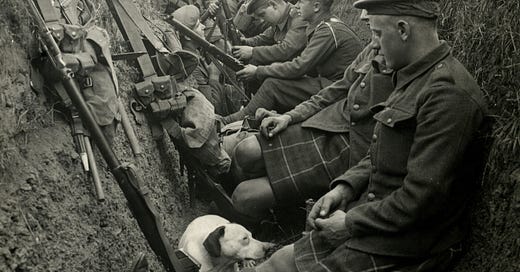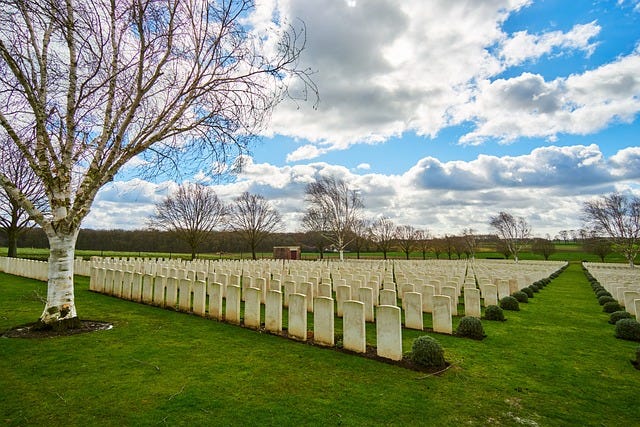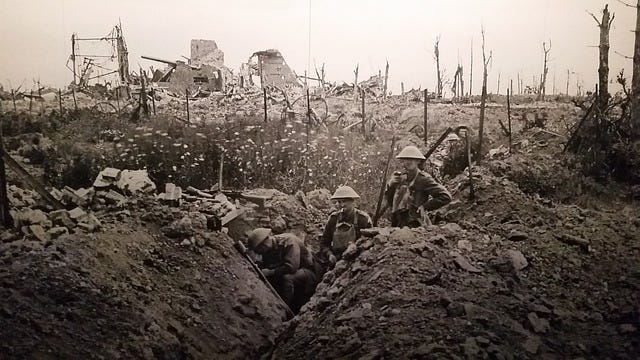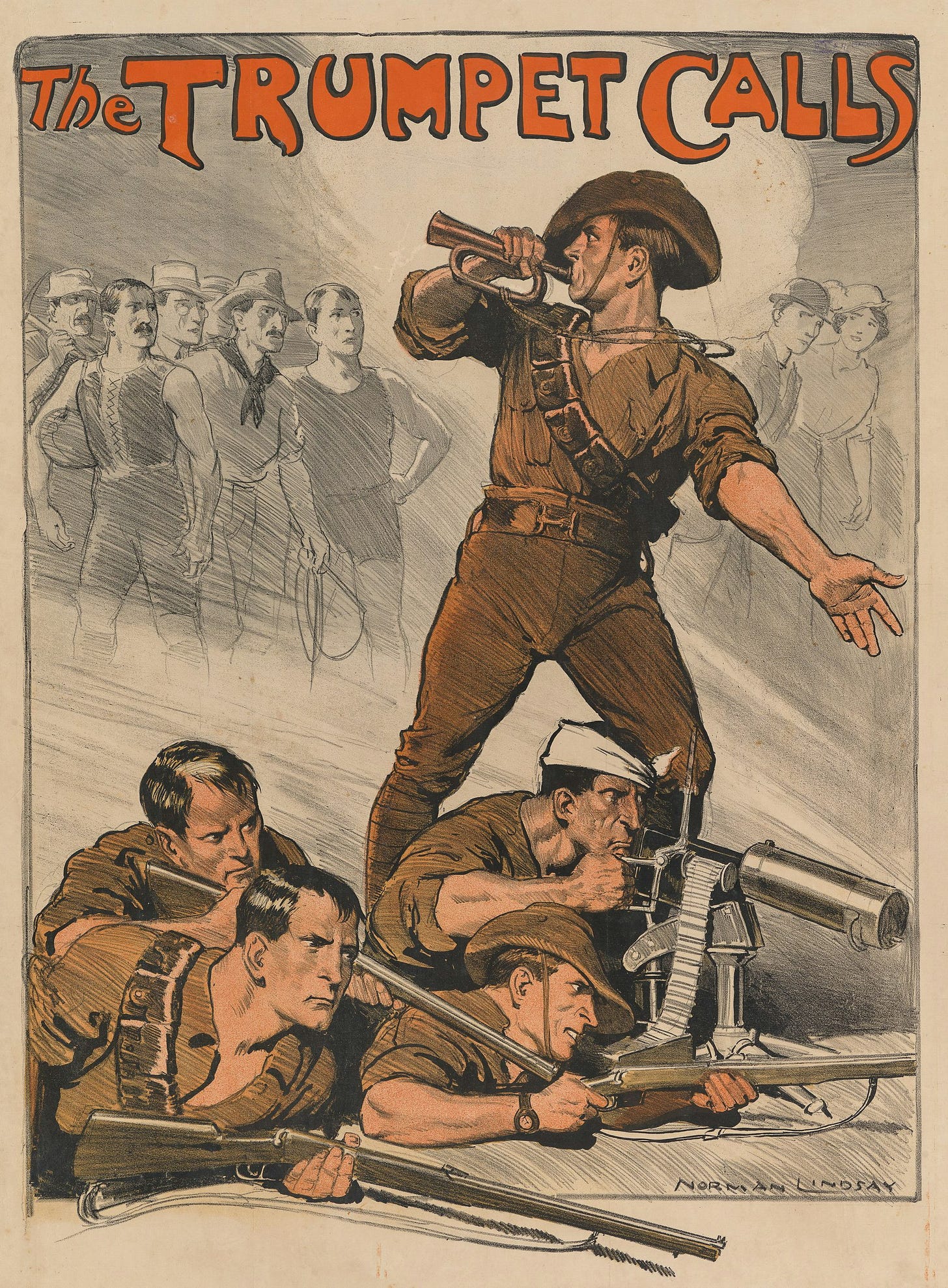H.G. Wells wrote a book in 1914 entitled "The War That Will End War." Not only did World War I not end the war, but it also directly contributed to World War II.
'All Quiet on the Western Front' by Erich Maria Remarque is a novel set against the backdrop of World War I. This conflict reshaped the geopolitical landscape and left an indelible mark on the 20th century. It delves into the harrowing experiences of German soldiers. It is a profound and poignant exploration of the brutal realities of war, focusing on the physical and psychological trauma endured by those on the front lines.
Paul Bäumer, a young soldier who enlists with his classmates after patriotic teachers persuade them, is the novel's unique narrator. His perspective, a voice from the trenches, offers a personal and relatable lens through which readers can understand the war. As the story unfolds, Paul and his comrades face the devastating effects of trench warfare, witnessing death, suffering, and the disintegration of their youthful ideals.
The novel powerfully critiques the romanticized notion of war. Through Paul's eyes, readers see the stark contrast between society's glorified image of war and the horrific truth of the battlefield. The relentless shelling, the ever-present threat of death, and the gruesome injuries all paint a vivid picture of the true nature of combat. Remarque's detailed and unflinching portrayal of these scenes challenges the glorification of war and underscores its senseless brutality.
One of the novel's central themes is the soldiers' profound personal transformation. The young recruits, full of enthusiasm and a sense of duty, are swiftly confronted with the harsh realities of combat. This stark contrast between their initial optimism and the brutal truths of war underlines the theme of loss of innocence, not just as a personal journey for Paul and his friends but also as a broader commentary on the impact of war on an entire generation. The war strips them of their youth, their dreams, and, ultimately, their lives, leaving behind a profound sense of empathy for their plight.
The camaraderie among the soldiers, a universal experience that transcends nationalities and enemy lines, is one of the few sources of solace in the novel. The bonds formed in the trenches, forged in the crucible of war, became a lifeline for Paul and his comrades, providing moments of humanity amid the chaos. This camaraderie, a testament to the resilience of the human spirit, underscores the universal nature of their knowledge, making the novel resonate with readers across different backgrounds and cultures, fostering a sense of shared understanding and empathy.
"All Quiet on the Western Front" also addresses the alienation soldiers feel returning home. On a brief leave from the front, Paul finds himself unable to relate to the people and the world he left behind. Misunderstanding between his traumatic experiences and the civilian perception of the war creates a sense of isolation and estrangement. This theme of alienation reflects the broader struggles faced by veterans, who often find it difficult to reintegrate into society after witnessing the horrors of war.
Ultimately, the novel is a powerful anti-war statement, a plea for peace and empathy. Its vivid depiction of war's futility and devastation calls for a deeper understanding of its costs. Remarque's work remains a poignant reminder of the human toll of conflict and a plea for peace and empathy, urging the audience to reflect on the consequences of war. This urgent call for peace and empathy resonates with the readers, emphasizing the importance of these values in our society.
This novel calls for peace, but its message falls on deaf ears!!
This is the famous poem from Wold War I:
In Flanders Fields” by John McCrae
"In Flanders fields the poppies blow
Between the crosses, row on row,
That mark our place; and in the sky
The larks, still bravely singing, fly
Scarce heard amid the guns below.
We are the Dead. Short days ago
We lived, felt dawn, saw sunset glow,
Loved and were loved, and now we lie
In Flanders fields.
Take up our quarrel with the foe:
To you from failing hands we throw
The torch; be yours to hold it high.
If ye break faith with us who die
We shall not sleep, though poppies grow
In Flanders fields."







